The Origin of the Quran The History And Compilation Of The Holy Quran
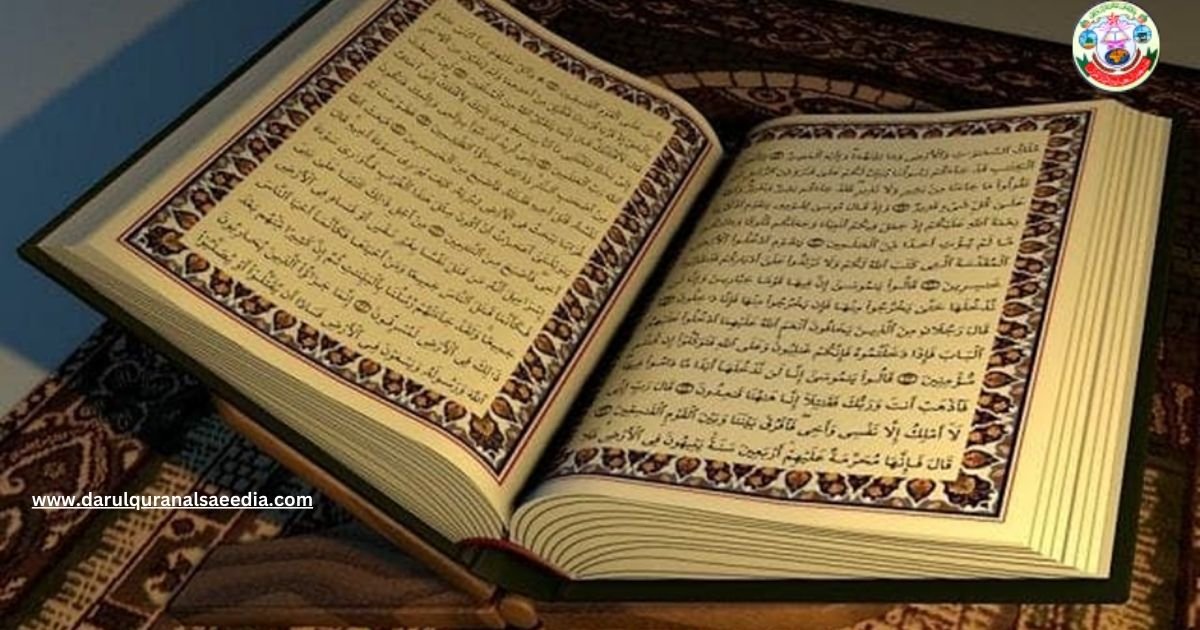
The Quran (alternatively spelled as Koran) constitutes the foundational holy text in Islam, revered by Muslims as the definitive word of God conveyed to the final prophet – Muhammad bin Abdullah (570–632 CE) over a period spanning 23 years. Origin of the Quran However, debates continue regarding its precise origins and authorship timeline.
Orthodox Islamic Narrative
The traditional Islamic account credits the entire Quranic text to have been revealed piecemeal by the angel Jibril (Gabriel) to Muhammad, who conveyed it verbatim to followers. Passages were memorized by trained companions then recorded on available writing material like parchment, stones, palm leaves etc. during the Prophet’s lifetime under his instruction and authentication. Origin of the Quran By the year of his death, the complete book is said to have been documented in its original Arabic form.
Read More: Masjid Nabawi Quran Classes Online Free
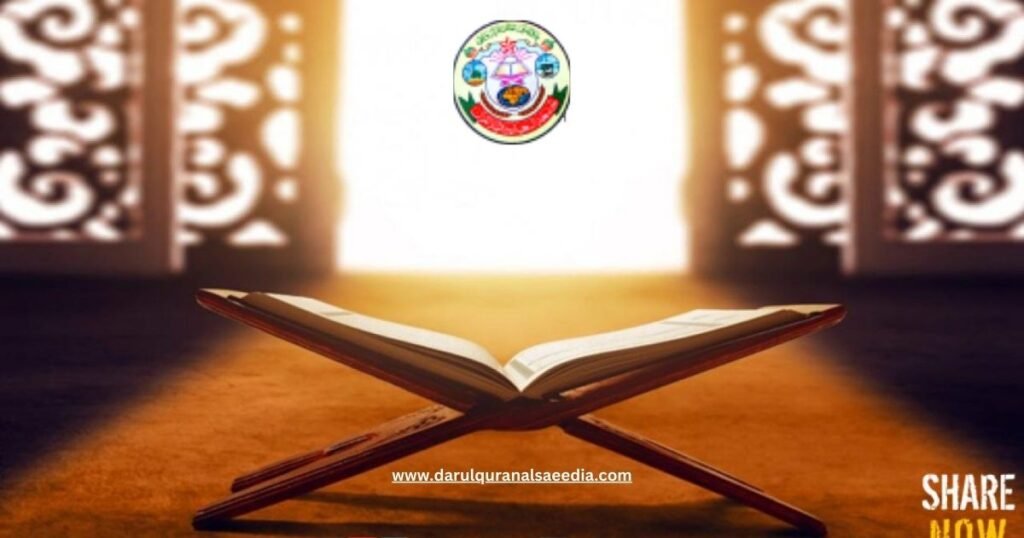
Earliest Compilations
However, fragmented recordings meant a standardized, compiled copy did not exist, necessitating it after Muhammad’s passing. The third caliph Uthman bin Affan (r. 644–656 CE) oversaw this editing process by appointing a committee headed by companion Zayd bin Thabit. Multiple versions and transcribed notes were meticulously cross-checked against oral recitations to establish accuracy before recording a unified text. Origin of the Quran Several certified copies were made and circulated to important cities in Islam’s orbit during that era.
Historical Analyses and Academic Skepticism
In Eurocentric scholarly analysis beginning from the 19th century, views opposing the traditional Islamic stance emerged regarding Quranic authorship. This relied largely on dated understanding of religious scripture formation in early Origin of the Quran Christianity and Judaism practiced concurrently. Accordingly, some posit the Quran accrued gradually over an extended timeline after Muhammad’s death, molded by political and doctrinal forces while borrowing from Jewish, Christian and even Zoroastrian literature and beliefs.
Lack of surviving 7th-century records besides coinciding sociopolitical tumult in Arabia following Muhammad’s unexpected demise seemingly supported such conclusions logically. Critics also point to Quranic repetitions and seeming scientific inaccuracies as hints of multi-source aggregation rather than divine authorship. Recently discovered manuscripts with partial differences have been cited to posit ongoing evolution.
Countering Revisionist Views
However Islamic experts firmly contest all revisionist explanations against the credence of proven transmission chains preserving accuracy. The Quranic discourse demonstrates language complexity and literary excellence unmatched in 7th century Arabia, belying notions of it being compiled later. Memorized by scores of Muhammad’s companions to teach onwards, Origin of the Quran standardized recitation forms further authenticate its unchanged conveyance through generations. Apparent borrowing of concepts is logical considering belief in the same Supreme Creator across Abrahamic faiths. Lack of complete early records owes partly to material perishability in Arabia and gaps in modern scholarly excavations limits making definitive conclusions.

Oral Legacy and Authority Among Muslims
Regardless of debates over its emergence, the Quran as codified in the reign of third caliph Uthman remains integral to Islam globally even today. Command over its Arabic hasn’t faded despite extensive non-Arab conversion embracing contextual translations. Millions engage in meticulous memorization supported by historic transmission chains lending authenticity against allegations of human tampering. Origin of the Quran Even sectarian divisions and splinter groups universally uphold the sacred text as foremost authority in Islamic belief and practice over clerical opinions. Its rich literature nourishes spirituality and shapes Muslim identity across cultures. Attempting historical deconstruction seldom shakes lived adherence.
While theological debates and academic theories continue, they scarcely impact the Quran’s doctrinal authority, recited over 1.6 billion times daily around the world. The revelatory moments defining a prophet’s journey thus sustain religious continuity spanning civilizations. Origin of the Quran Committed preservation equally by states and individuals has maintained its original voice which stirs souls while raising questions on creation itself. Surely more remains concealed than discovered in its depths.
Textual Integrity Debates
Arguments against textual integrity allege instances of verses referring to events after Muhammad’s passing. However, classical scholars clarified ‘prophetic foresight’ as explanation besides contextual interpretation errors. Some also point out that occasional scribal errors in spelling or arrangements during documentation got identified and corrected through further verification processes in compilation undertakings.
Quranic Manuscripts Anteceding Muhammad
Interestingly, recent findings like the Birmingham fragments and Sanaa manuscripts contain verses traceable to before Muhammad’s prophetic years. However, orthodox opinions contend the Prophet would have still conveyed those Origin of the Quran passages as divine revelation subsequently. They dismiss notions of it being incorporated from unknown mystics within Arabia, as theological continuity bears out. There also remains the possibility of lost preceding revelations not violating its principal sacred status for Muslims.
Science and Philosophy in the Quran
Parts of the Quran make metaphorical references to natural phenomena like embryology, astronomy, oceans, interweaving spiritual meanings for believers rather than focusing on technical facts. But medieval scholarship already reconciled such passages with science known then. Philosophical principles discussed also match the Creator- centered worldview sustaining Islamic theology. Origin of the Quran Attempting to critique them by applying present knowledge ignores contextual relevance. This risks reductionism unable to grasp dimensions transcending physicality.
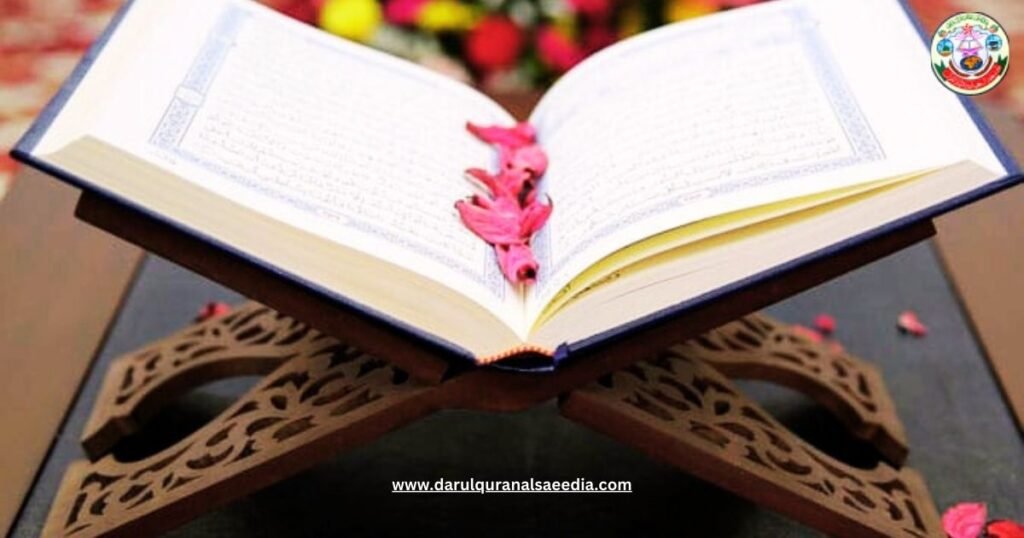
Read More: Origin of the Quran
FAQs
What is the traditional Islamic belief about the origin of the Quran?
The traditional Islamic view is that the Quran was revealed by God word-for-word to Prophet Muhammad between 610-632CE through the angel Jibril (Gabriel). It was memorized by companions then documented in its original Arabic during his lifetime.
When was the Quran first compiled into a written book?
The Quran is said to have been standardized into a unified written text during the rule of Caliph Uthman bin Affan around 20 years after Prophet Muhammad’s death. Origin of the Quran Multiple verified versions were compiled into copies and distributed.
What are some alternative theories challenging the Quran’s traditional origin?
Some scholars doubt divine authorship, citing scientific inaccuracies, borrowed stories from other faiths and finished compilation after Muhammad’s lifetime as evidences of gradual human scripting over centuries molded by religious and political agendas.
What key aspects support the Quran’s direct revelation from God?
Orthodox experts underscore the Quran’s unmatched literary excellence, preservation through oral memorization chains since the Prophet’s time, intertextuality between passages revealed across decades and doctrinal consistency pointing to initial completeness.
Have variants emerged in Quranic content over history?
Minor spelling, diction and ordering variations did arise but were clarified and rectified through rigorous verification processes by Islamic religious bodies, maintaining one standard version distributed worldwide for recitation.
How integral is Quranic text in modern Islamic practice?
The Arabic Quran in its original documented form remains the ultimate authority guiding belief and lifestyle for Muslims globally of all sects today, memorized verbatim and informing interpretations on theology and law.



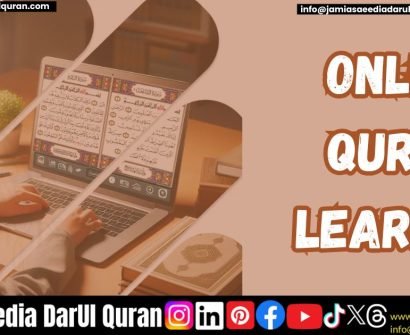

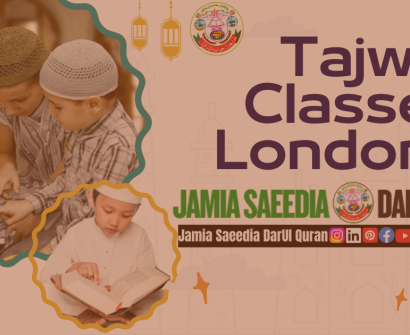
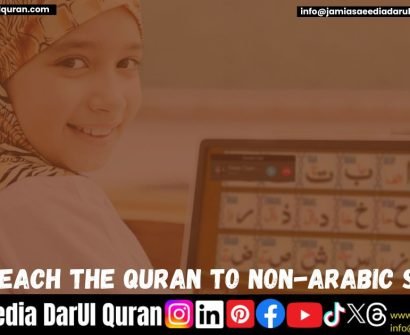
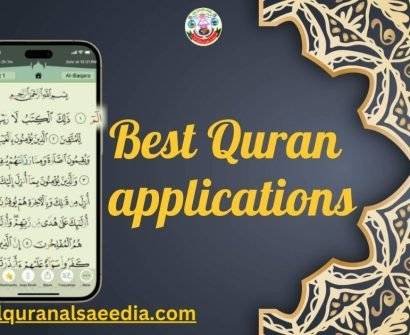


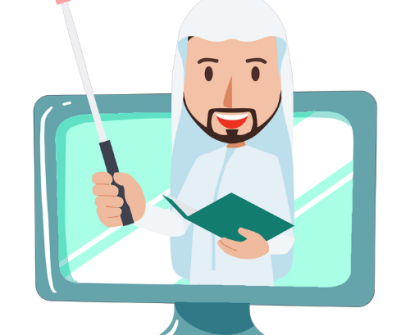

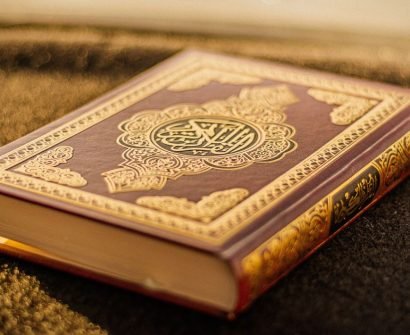




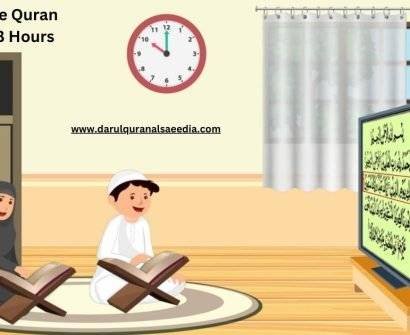
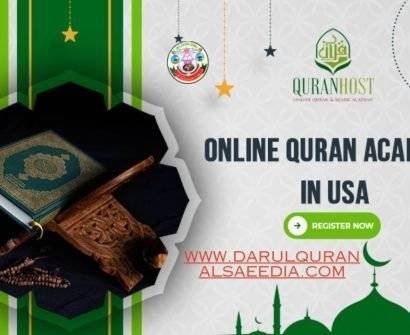











Learn The Read Quran Fast Quran Fast & Easily Online Easily and Efficiently 2024
[…] Read More: Origin Of The Quran […]